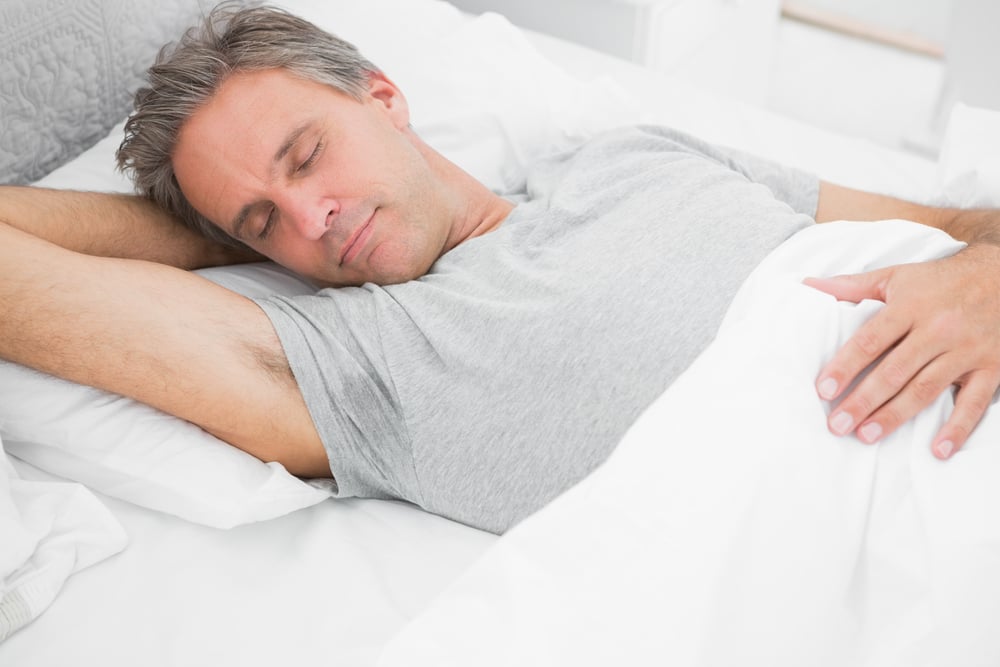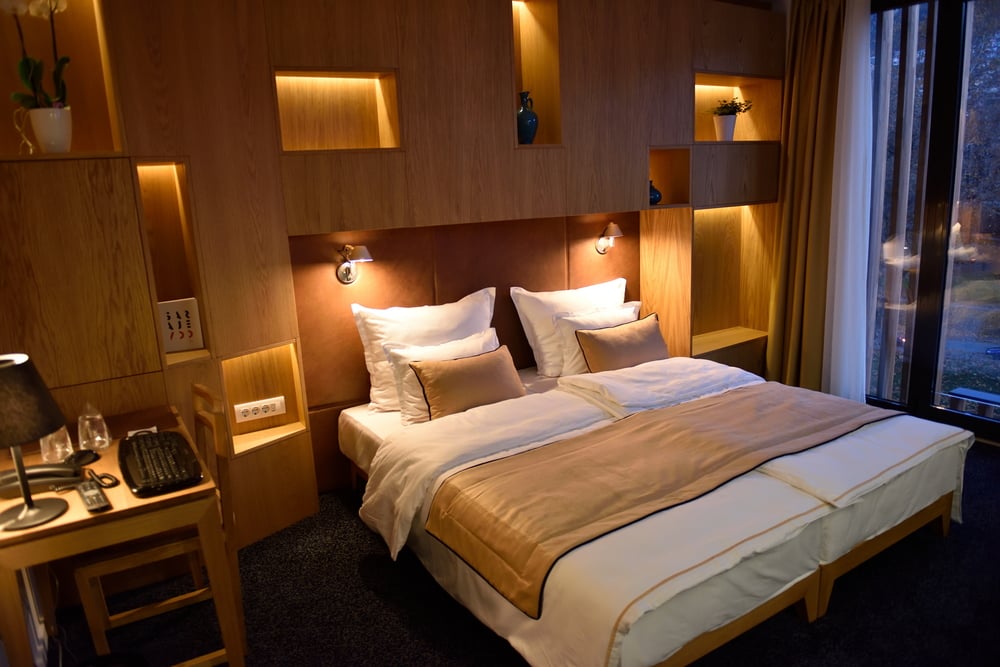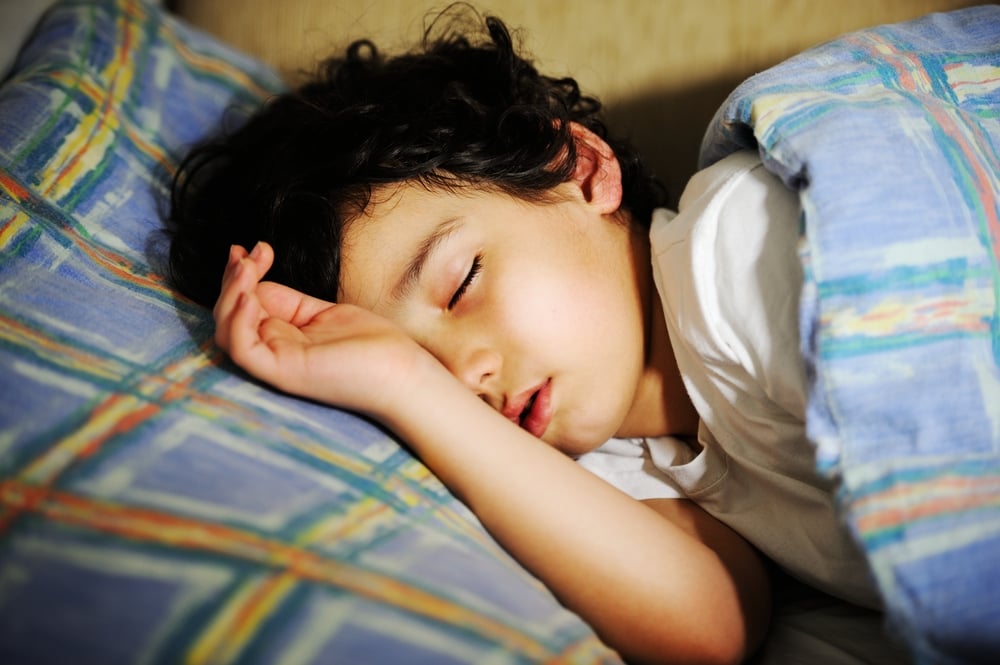A good night's sleep is vital for us all. It can drastically affect your focus, productivity, and overall health. However, the world of law is stressful. You can often find yourself working long hours into the night. Or maybe you simply lie awake well past midnight, plagued by insomnia, pondering your many stressors and to-do lists. If you find yourself nodding along, perhaps it's time you try these simple "sleep hygiene" hacks.
Despite its name, sleep hygiene isn't about cleanliness. It's about forming successful habits to help you attain a good night's sleep. It includes making adjustments to both your sleep environment and behavior, and even has a little bit of science to back it up. Let's further explore how sleep hygiene can be a total game changer for your health.
There's nothing more important than your health. If you're a health lawyer, be sure to join us in Harrisburg on March 12th & 13th for the 30th Annual Health Law Institute! Learn from some of the industry’s brightest minds as they dive into the dynamic world of health law and earn up to 12 CLE credits along the way. This year’s schedule features a diverse selection of sessions ranging from the Year in Review, to state agency updates, to AI. Don't miss out!

Set a schedule. This is the very first step towards sleep hygiene success. Our bodies operate on a schedule. Try to go to bed around the same time each night and wake up at a specific time each day. Sleeping in on the weekends is a blessing, but don't let yourself stray too far from your sleep schedule or else it will throw off the rhythm you've established.
Adults should get a minimum of 7 hours of sleep each night, with women typically needing more sleep than men. However, we're all individuals. The perfect amount of sleep can vary from person to person. It's up to you to find that sweet-sleep-spot in which you thrive.
Create a bedtime routine. An hour before your now-established bedtime each night, turn off all screens and electronic devices. Put your phone on "Do Not Disturb" mode during this time so you're not tempted to reach for it when it buzzes. Looking at a bright screen right before bed stimulates your brain and interferes with your melatonin production, a hormone that helps you fall asleep.
This sacred hour will become your "wind down time." Use it for calming activities such as reading, journaling, or meditation. Listen to peaceful music or ASMR (Autonomous Sensory Meridian Response). Or you could devote this hour to a self-care routine that involves a bubble bath and mini-facial. The choice is yours--just make sure you're putting aside work and devices so you can get the most out of your wind down time.

Low light, low noise, cool room. Humans are programmed to sleep when it's dark, quiet, and cool, as they have thousands of years before this. Ensure that your bedroom reflects this environment. Install thick blinds, blackout curtains, or invest in an eye mask to block out light. If you listen to music during wind down time, or perhaps utilize a white noise machine to help you fall asleep, keep the volume low. Finally, set the thermostat to a comfortable temperature, or maybe a little cooler than usual, so that you can really enjoy snuggling under those covers.
Avoid caffeine, alcohol, and food. The reasoning behind each one of these is a bit different. Caffeine is a no-brainer since stimulants are known for keeping you awake. Put aside your coffee cup when it reaches late afternoon.
While some think alcohol makes you sleepy, it actually hinders your sleep cycle and prevents you from sleeping deeply. Quality is just as important as quantity! Avoid drinking too late in the evening so you don't disrupt your schedule.
And while a light snack before bedtime is okay, don't eat big meals late at night. Indigestion can keep you up.

Nap responsibly. Are you a serial napper? Then proceed with caution! Naps can be a major energy-booster, but they can easily interfere with your sleep cycle, too. Avoid this by keeping naps short (under 30 minutes) and earlier in the day. If it's past 3:00pm, skip it and wait until bedtime for a nice, restful slumber.
Choose the right sleep position. Maybe you have a certain sleep position you swear by and never move from. Or maybe your sleeping habits are more similar to a rotisserie chicken turning on a spit. Many people claim side-sleeping, the most popular position, is also the healthiest because it's easiest on your back and reduces snoring. If you're an allergy-sufferer, sleeping on your back slightly propped up might be your go-to move. Or maybe you're a stomach sleeper who will gladly risk the aches and pains for your favorite position.
In the end, the best sleep position is whichever one allows you to get a good night's sleep. If you'd like to learn more, check out this guide on the best sleeping positions by The Sleep Doctor.

Of course, the usual culprits that show up when talking about a healthy lifestyle still apply. Embracing a healthy diet with less sugar can improve your sleep. A substantial amount of exercise during the day will help wear you out so you can fall asleep more easily when the time comes. Finally, fresh air and sunlight aids your circadian rhythm and will help establish your schedule.
As stated before, we're all individuals. The trick is to find out what works best for you!
Are you a nonprofit lawyer? Then this is the course for you. "What Keeps Nonprofit Lawyers Up at Night?" will cover essential topics pertaining to cybersecurity as well as personal and workplace safety. You will rest easier for gaining this knowledge--and meeting your compliance to boot!


COMMENTS